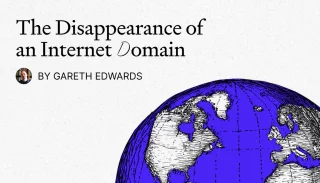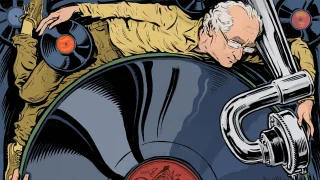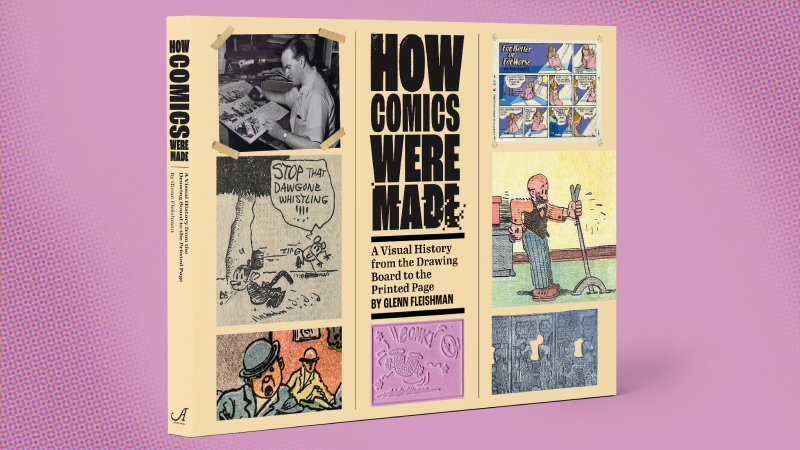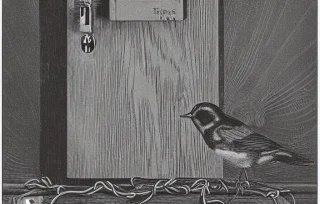Am 24. Juli 1959 bei einer Ausstellung amerikanischer Wirtschaft und Kultur in Moskau nahm der sowjetische Regierungschef Nikita Chruschtschow nach einer Unterredung (die als Küchendebatte bekannt ist) mit US-Vizepräsident Richard Nixon seinen wohl ersten Schluck Pepsi-Cola.
Im Jahr 1972 wurde Pepsi-Cola das erste amerikanische Konsumgut, das in der Sowjetunion hergestellt, vermarktet und verkauft wurde. Im Gegenzug erhielt die PepsiCo, Inc. Stolichnaya Wodka und im Jahr 1989 sowjetische Kriegsschiffe.
(via Microclaire, dem Microblog von Ligne Claire, dem Blog von Dirk, der gerade kostenlos die Kindle-Version seiner Bücher rausgibt)








